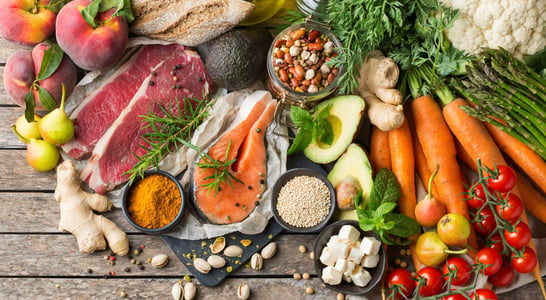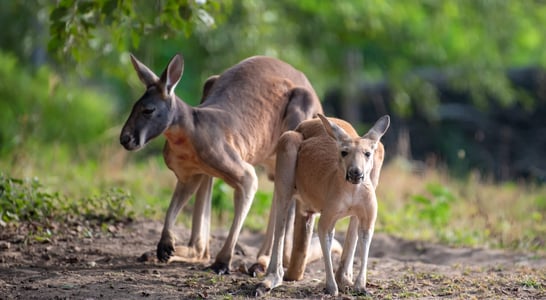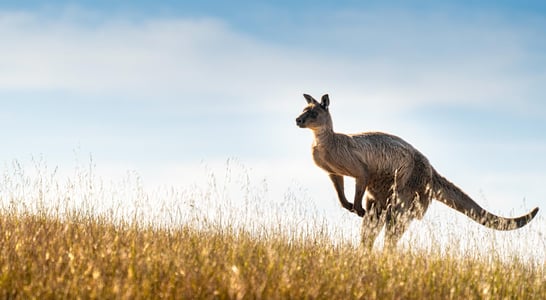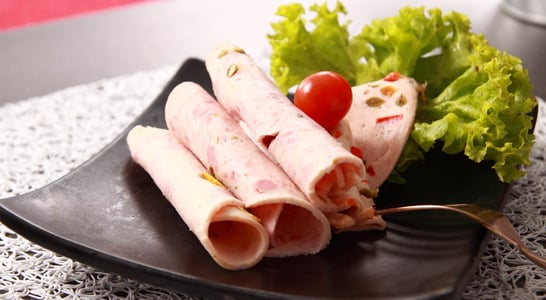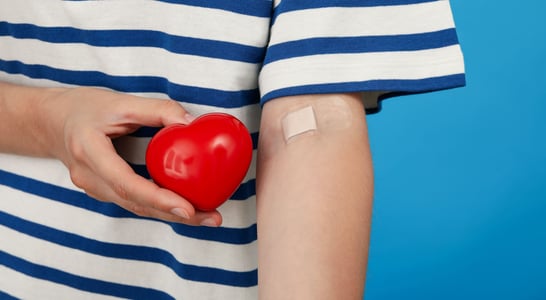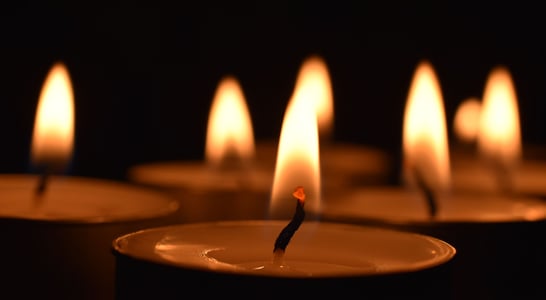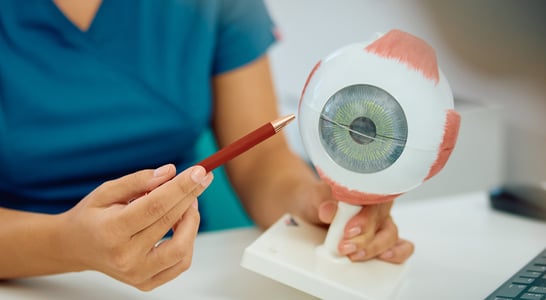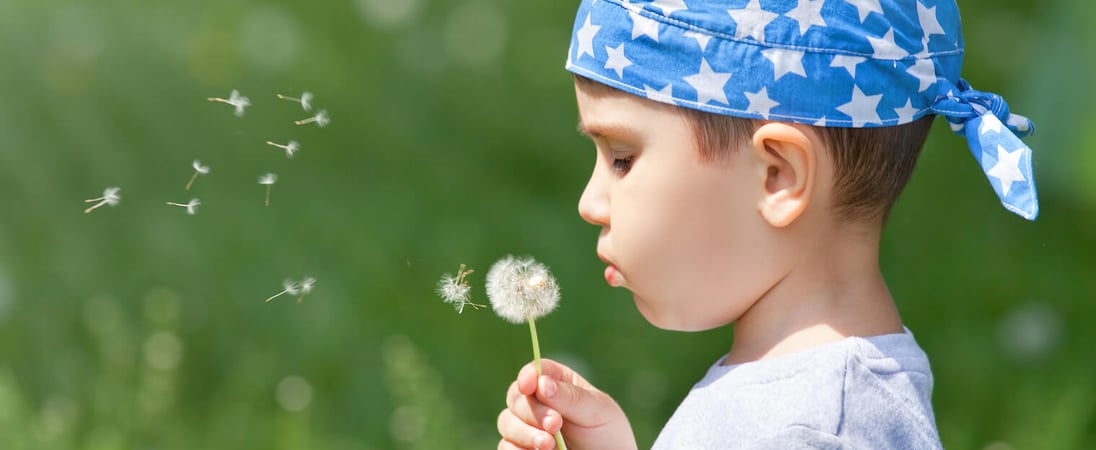
National Bandana Day
Wrapping a bandana around your head, making a statement of solidarity and support for those battling a tough fight.
When I say “Bandana” you say “cancer,” right? On any other day of the year, bandanas conjure up thoughts of punks on the street, or pirates and ninjas but on National Bandana Day people all over the world ascribe special significance to wearing a bandana. If we can get serious for a minute, in 2012 14.1 million new cases of Cancer occurred all over the world.
Since it doesn’t just leave the next year you can imagine how many people have been affected over time by this versatile, ridiculously pervasive and vicious disease. Its impact extends well beyond the patients themselves and into families, friends and the community. So what do bandanas, a simple item of head adornment, have to do with cancer?
History of National Bandana Day
A specific original example of a National Bandana Day is impossible to find, though it may have originated in Australia with a youth organization called CanTeen. Every year the organization hosts a Bandana day to raise awareness and also to raise support for, in their case, young people living with cancer.
So, why bandanas? Why not a bake sale, selling advertisements, giving out pins, whatever? A common treatment for cancer is chemotherapy, a term shortened to chemo most of the time. The treatment utilizes various anti-cancer drugs administered in a chemotherapy regimen. Because of the incredibly powerful nature of the drugs involved chemo has some serious side effects, one of the most notorious being hair loss. Hence the bandanas.
Bandanas are most commonly used on the head, to hold back hair, to protect a bald head from the sun, or just to look cool and stylish. The bandanas are an effective visual symbol of the effects of chemo, but that’s not all! As mentioned, bandanas are often associated with punks on the street, who wear them as a show of solidarity with their mates (eh, Australia), all wearing the same color, in the same style.
“We are strong and we support each other,” they say. This is the same attitude the bandanas represent to cancer patients and their supporters. “We are strong and we support each other,” they say, “cancer will not hold us down!”
How to celebrate National Bandana Day
National Bandana Day is about supporting cancer. The most obvious way to celebrate: wear a bandana! If you can, find an organization selling bandanas to raise support and buy one from them and wear it. Wear it however you want, but wear it in an obvious place so people ask about it! Then you can encourage them to get their own bandana and donate. If buying a bandana from an organization doesn’t fulfill your need to donate and support the cause, feel free to rustle up some more cash and donate to the American Cancer Society or some other such worthy organization supporting cancer research and care.
If you’re more artfully inclined, you could decorate your own custom bandana. Get out some markers, sharpies, glue, beads, throw some sparkles on there, whatever represents strength and solidarity with your fellow humans on National Bandana Day!
Also on ...
View all holidaysNational Food Day
Eating well doesn't have to be boring or restrictive — fuel your body with nutrient-dense foods that energize and nourish you.
World Kangaroo Day
Supporting marsupials in their natural habitat contributes to biodiversity, conservation efforts, and preserving Australia's unique wildlife.
National Bologna Day
That deli classic, with an unforgettable taste and a hint of nostalgia, perfect between slices of fresh bread.
We think you may also like...
National No Bra Day
Free yourself from your constraints and go braless to help raise awareness about breast cancer, a disease with hundreds of thousands of new cases each year.
National Blood Donor Month
Giving a small part of oneself to help others in need, the act of contributing to a vital lifeline that can save lives.
International Pregnancy and Infant Loss Remembrance Day
In solemn unity, hearts gather to honor the tender souls who left too soon, fostering support and healing for those who grieve.
